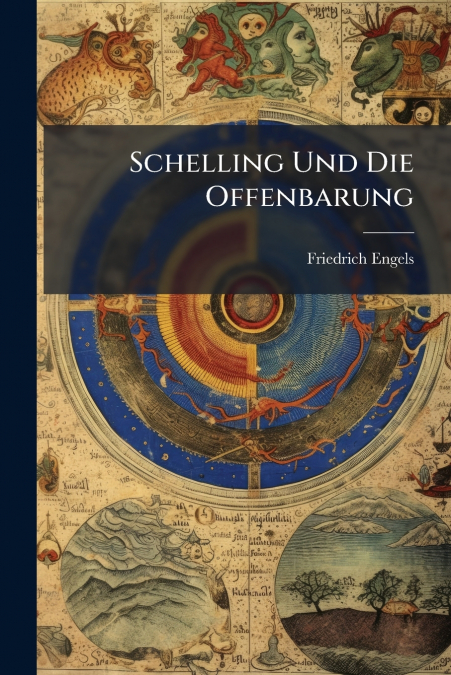
Friedrich Engels
Schelling Und Die Offenbarung: Kritik Des Neuesten Reaktionsversuchs Gegen Die Freier Philosophie, written by Friedrich Engels and originally published in 1842, is a critical examination of Friedrich Schelling’s philosophy of revelation. Engels offers a detailed critique of what he perceives as a reactionary turn in Schelling’s later work, particularly his attempts to reconcile philosophy with Christian theology. The book represents Engels’ early engagement with philosophical and theological debates, showcasing his commitment to free thought and his critique of conservative intellectual trends in 19th-century Germany. This work provides valuable insight into the intellectual climate of the time and the development of Engels’ own philosophical views, making it an important resource for scholars of German philosophy, theology, and the history of ideas. Engels challenges Schelling’s later philosophy, arguing for the necessity of free and critical thought against what he views as regressive tendencies. This work has been selected by scholars as being culturally important, and is part of the knowledge base of civilization as we know it. This work was reproduced from the original artifact, and remains as true to the original work as possible. Therefore, you will see the original copyright references, library stamps (as most of these works have been housed in our most important libraries around the world), and other notations in the work.This work is in the public domain in the United States of America, and possibly other nations. Within the United States, you may freely copy and distribute this work, as no entity (individual or corporate) has a copyright on the body of the work.As a reproduction of a historical artifact, this work may contain missing or blurred pages, poor pictures, errant marks, etc. Scholars believe, and we concur, that this work is important enough to be preserved, reproduced, and made generally available to the public. We appreciate your support of the preservation process, and thank you for being an important part of keeping this knowledge alive and relevant.